Apple's latest App Store moves are everywhere. For good reason. The tech giant is bracing for one of the biggest regulatory pivots in digital platform history. The Supreme Court's reversal of decades of precedent in the Free Speech Coalition v. Paxton decision has opened the door for sweeping age verification mandates. Now, new app store accountability laws in Texas, Utah, and Louisiana are forcing major platforms to rethink how they verify user ages and obtain parental consent.
This is the turn from self-policing to government rules. The era of optional policies is closing, with comprehensive compliance strategies now written into law rather than drafted as friendly guidelines.
What makes Texas's approach so different from other states?
Here is where it gets interesting. Texas is not simply following the crowd on kids' online safety. The Texas App Store Accountability Act requires comprehensive age verification for all users, not just minors, which makes it one of the toughest systems anywhere in the country. While other states zero in on social media, Texas law mandates that app store operators verify users' ages using commercially reasonable methods before any app download or purchase, full stop.
That design introduces new complexity in digital identity. The law creates four distinct age categories: child, under 13, young teenager, 13 to 15, older teenager, 16 to 17, and adult, and those categories must be shared with developers. In practice, platforms need systems that can tag, transmit, and protect age-specific data at massive scale.
Parental oversight turns up the dial too. When the law takes effect on January 1, 2026, app stores must obtain parental consent before allowing downloads of social media apps by children under 18. It goes further, requiring parental consent for each individual download or purchase sought by the minor. No blanket permissions. Every transaction is a new approval.
Texas also set a hard-edged enforcement playbook. The statute defines violations (see Sec. 121.026) and creates civil liabilities; enforcement and remedies are governed by the statute and related enforcement authorities rather than simply a generic consumer-protection label — see the bill text for specifics. Other states often allow a grace window. Texas makes violations immediately actionable, which raises the stakes for platform operators.
How will this actually work for everyday users?
Let's make it concrete. Every app store user in Texas will need to verify their age using commercially reasonable methods at account creation. Not later, not after a warning, right at the door.
Family accounts become real relationships, not just shared payment plans. If a user is identified as a minor, their account must be affiliated with a verified parent or legal guardian account. The app store also needs to verify that the adult has legal authority, which can mean reviewing custody or guardianship documentation. Think less honor system, more paperwork check.
For parents, supervision moves from occasional settings tweaks to day-to-day involvement. Parental consent is required for each individual download or purchase by the minor. Expect prompts for a game, a study app, even an in-app upgrade. When developers change important things, like privacy policies or monetization features, fresh consent is needed before the child keeps using the app.
The plumbing behind all this is a new data-sharing layer. Users will be sorted into age categories that are shared with app developers. That enables tighter content filters and safety settings tuned to age, for example stricter chat rules for younger teens. Users who don't complete age verification will likely face restrictions on downloading new apps or making in-app purchases, a clear verify or be limited choice.
What are the privacy and security implications?
The user friction is one thing, the data risk is another. Age verification introduces serious issues around privacy and security, including how sensitive information is stored and shared. Effective checks can involve personally identifiable information, biometric data, and government IDs. In plain terms, that can look like a driver's license photo, a quick selfie match, or both, and it creates giant stores of verified identity data tied to app activity.
The handling rules are strict and layered. Information gathered for age verification may only be processed for compliance purposes, must be encrypted in transit, and must be deleted once its statutory purpose has been fulfilled. Those protections sit alongside an uncomfortable truth, the sensitive information required for verification creates vulnerabilities, increasing exposure to cyber threats.
The tech giants are not quiet about it. Apple and Google have both publicly expressed concerns about the Texas law, with Apple's spokesperson warning that app marketplaces would need to collect and keep sensitive personal identifying information for every Texan who wants an app. Google's policy team called it "one of the most extreme age-verification regimes that we've seen".
There is also a rights question, not just a risk question. Legal experts have raised concerns that such laws could run afoul of the First Amendment, because adults may have to trade private data to reach protected speech online. That creates a thorny tension, child safety on one side, adult access on the other.
Custody checks add yet another sensitive layer. Platforms may need to review divorce records or guardianship papers to validate authority over a minor, which pulls family legal documents into routine account setup and expands what must be secured.
Where do we go from here?
Texas looks like the opening act in a larger shift. Utah enacted its own App Store Accountability Act earlier in 2025, and U.S. lawmakers have also introduced a federal bill that could standardize requirements. We could end up with a patchwork that nudges toward federal rules, or a compliance maze for platforms crossing state lines.
The clock is not generous. The Texas App Store Accountability Act gives major tech players the remainder of 2025 to figure out implementation before January 1, 2026. Covered entities now face fewer than twelve months to recalibrate internal controls and update compliance protocols, a heavy lift for platforms with millions of users and family verification in the mix.
Apple is testing a privacy-first path. The company is set to release an 'age assurance' feature that lets parents share their child's age range with app developers, which could reduce the need to collect sensitive data from everyone. It might be a template for balancing compliance with privacy, though it remains unclear whether it hits the letter of the Texas law.
The legislative wave extends beyond app stores. The passage of these laws coincides with federal deliberations on parallel measures, most notably the Kids Online Safety Act, which signals a broader push to tighten protections for minors across digital services.
All of this could reshape platform design. Expect more age-specific interfaces, developer tools that tune content by verified category, and perhaps entirely separate experiences for different age groups. Sharing age categories with developers unlocks smarter filters and safety features, and it also raises questions about how those labels influence design, marketing, and the feel of an app beyond bare compliance.
The question is not whether change is coming, it is how the industry adapts without losing the open feel of the internet many users expect. The Texas law sets a precedent that could ripple worldwide, and the fixes built for it will influence how we think about age verification, parental consent, and digital safety for years to come.




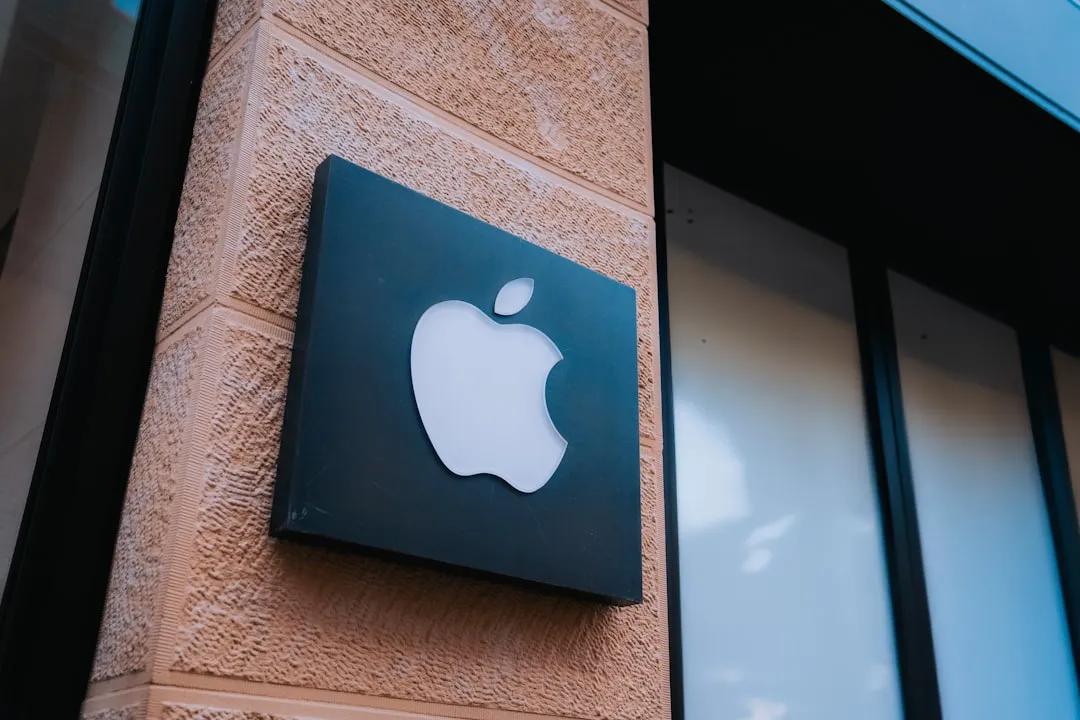


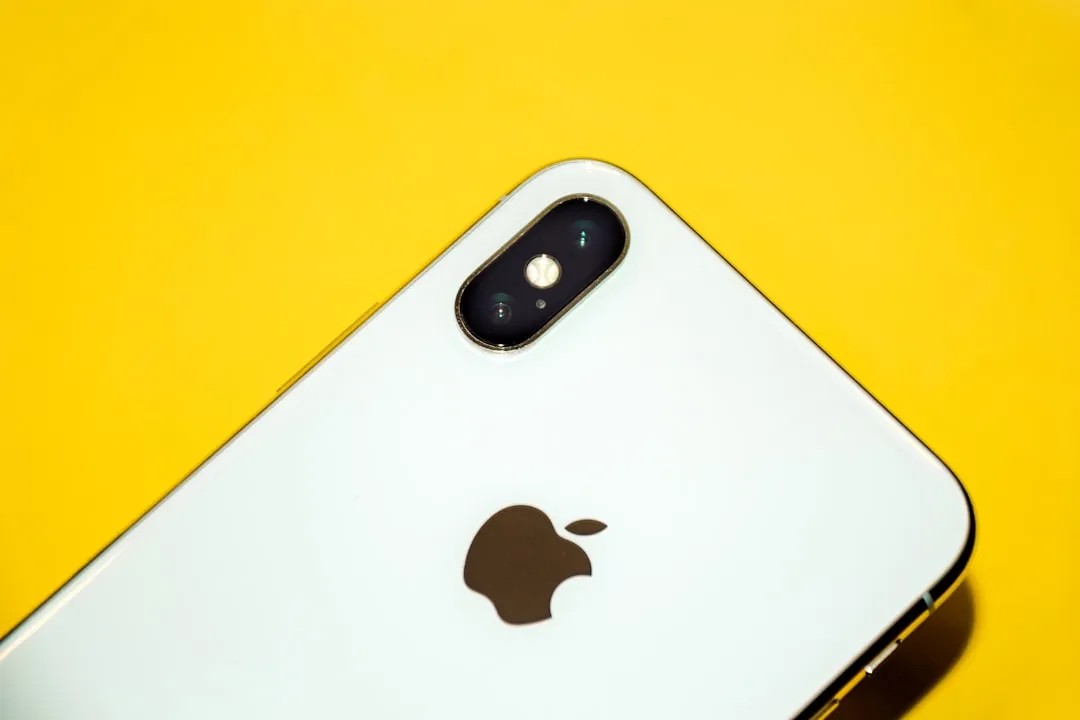




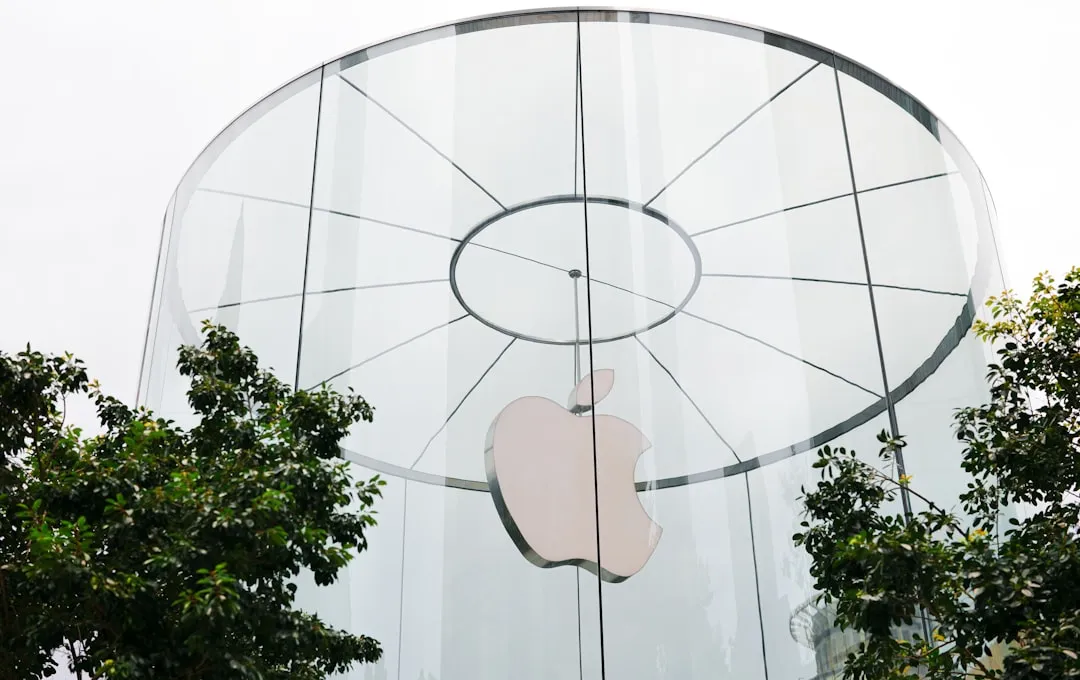
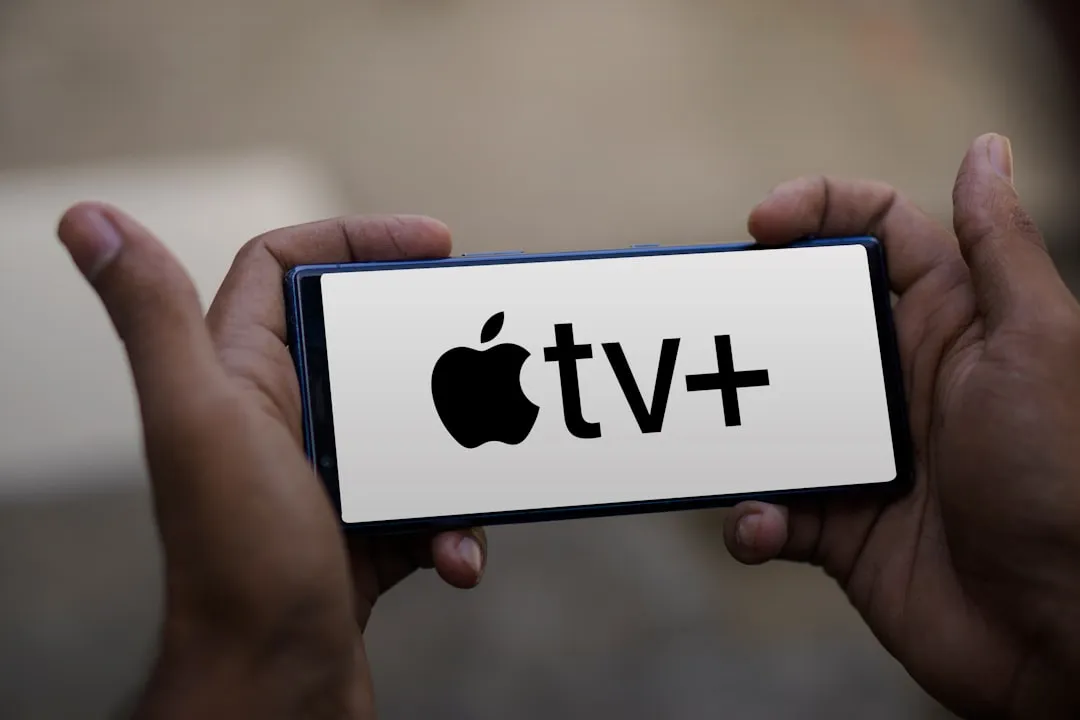


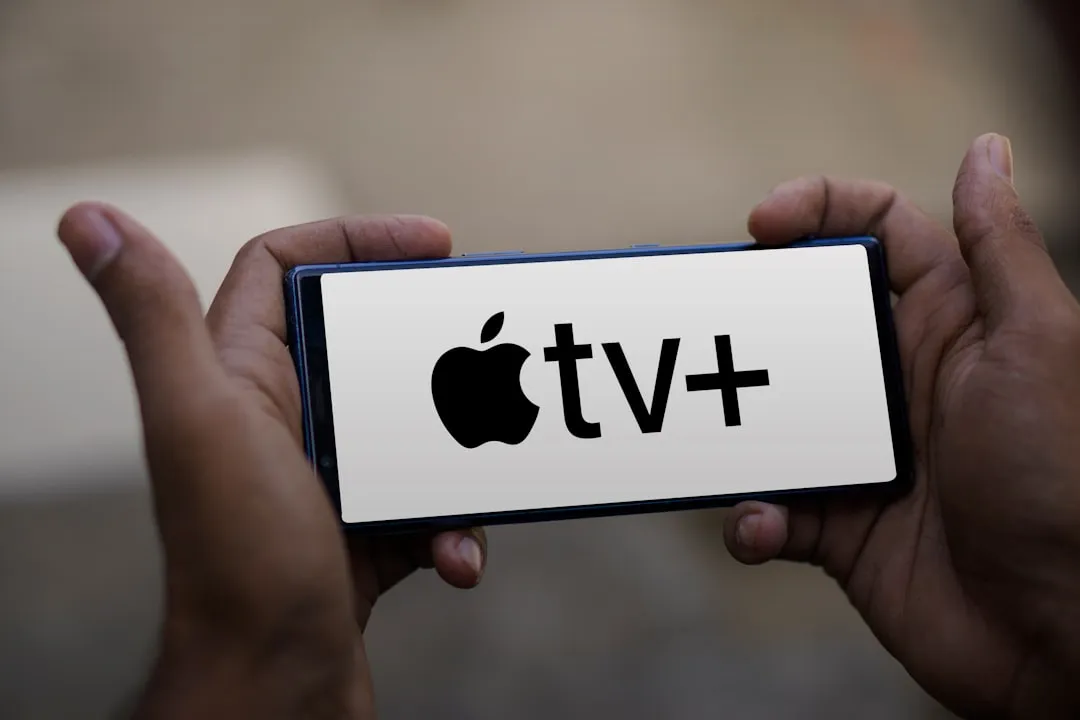


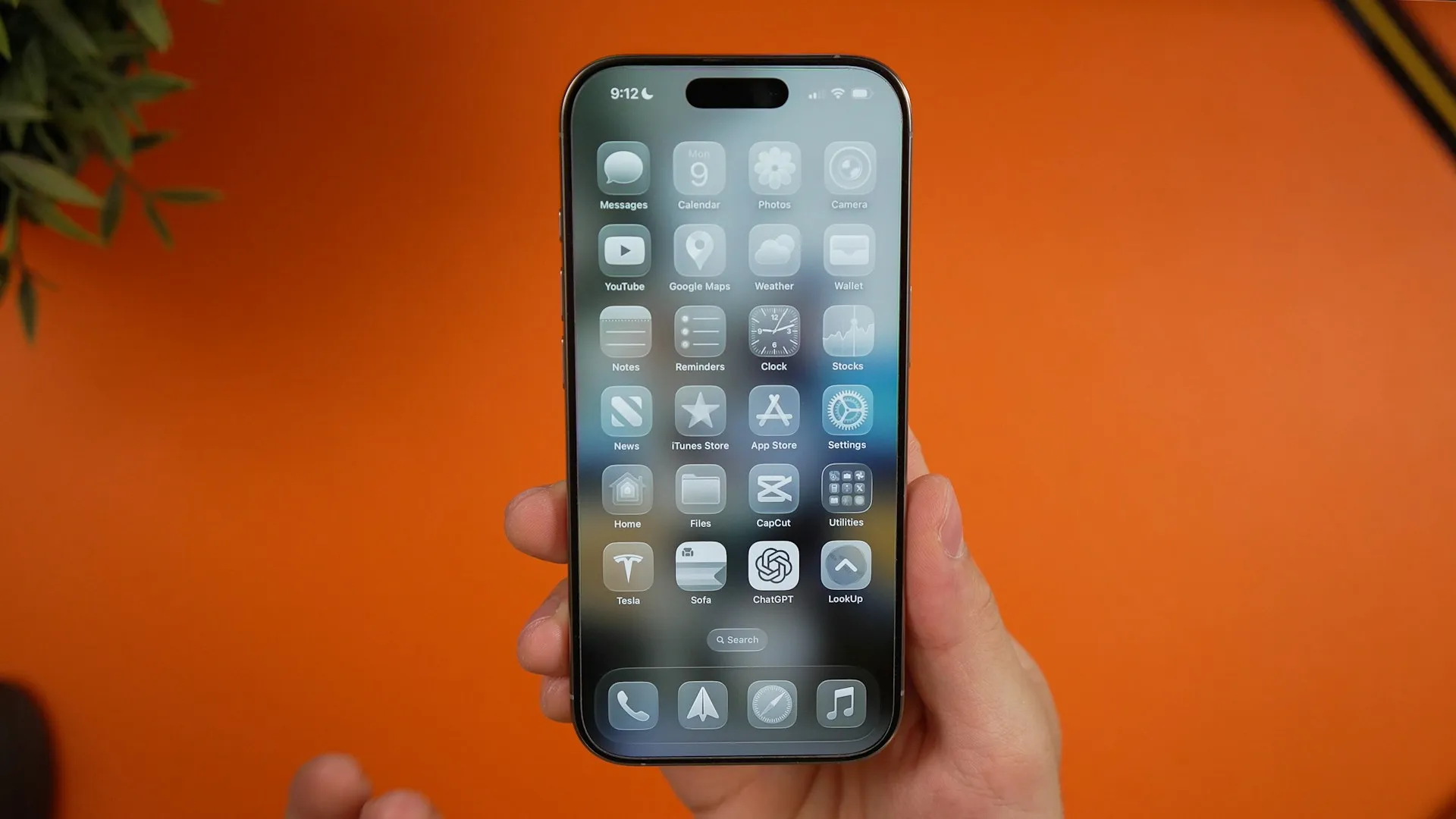

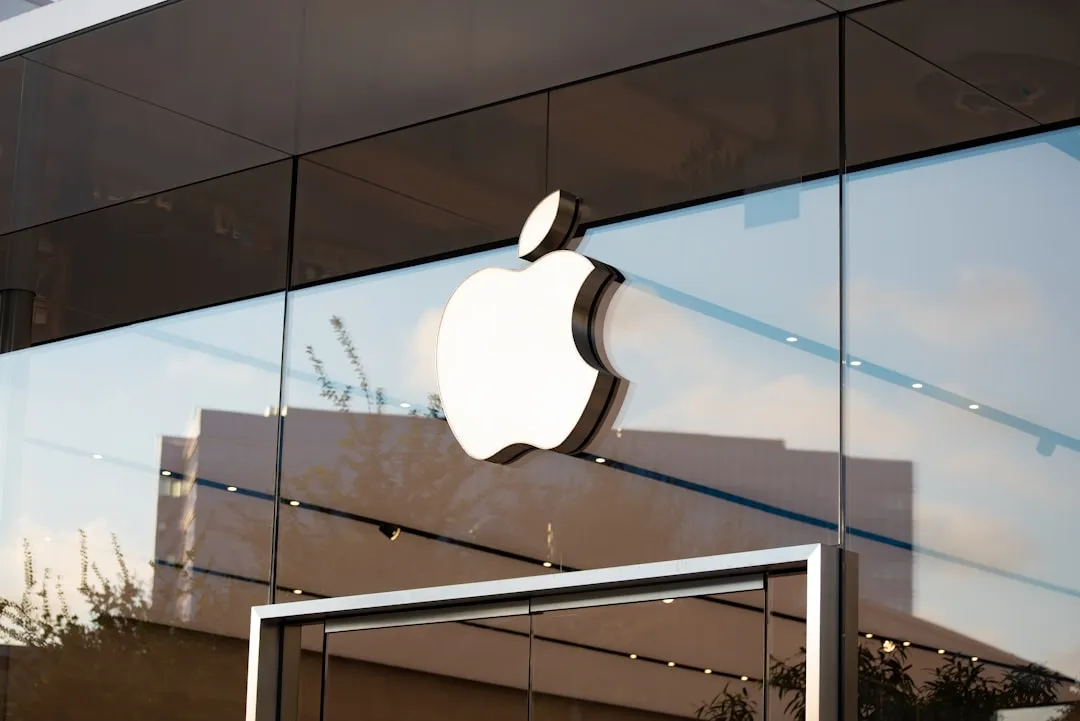



Comments
Be the first, drop a comment!